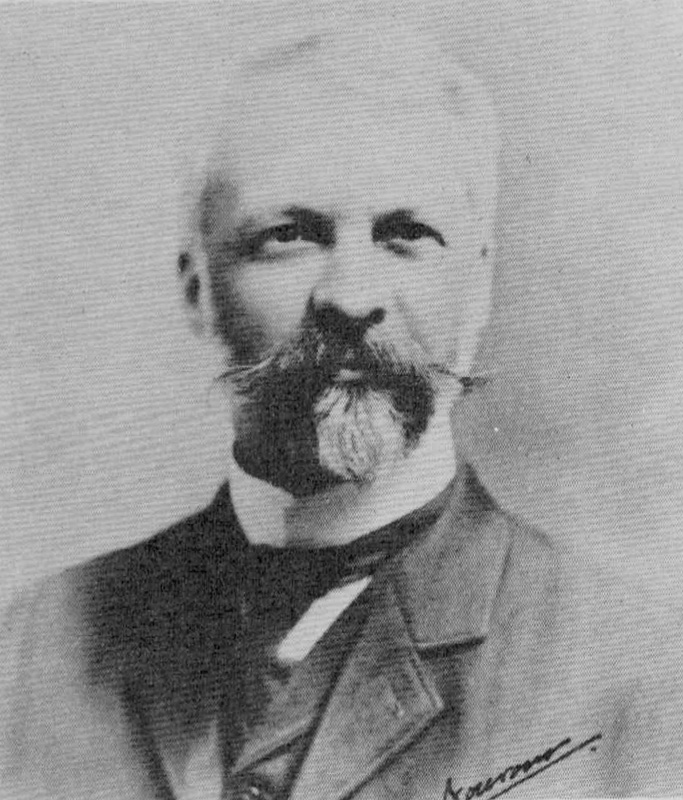
HISTORICAL EVENTS THAT TOOK PLACE ON THIS DAY IN CANADA
30 May

Bourassa, leader of the Quebec Nationalists
Senate Kills Navy Bill
The importance of this story is its anticlimax, which occurred on May 30.
For three years, the Commons had been discussing the question of naval help for Britain. When the Liberals were in power, Sir Wilfrid Laurier had proposed that Canada should build a navy. This was opposed by the Conservatives under Sir Robert Borden, who said that this was disloyal to Britain. Instead, Canada should give Britain money to build battleships. Winston Churchill was then First Lord of the Admiralty. He made a deal with Sir Robert Borden to send him two messages: one confidential, outlining the military facts, the other for public consumption.
The Quebec Nationalists under Henri Bourassa supported the Conservatives, not because they wanted to help Britain, but because they opposed the building of a Canadian navy.
The Conservatives won the election in 1911 with the slogan: "One Flag, One Fleet, One Throne," and now Sir Wilfrid Laurier, as leader of the Opposition, asked them what they were going to do about the navy, or naval aid for Britain.
Sir Robert Borden introduced a measure to give Britain $35 million to build British battleships. He quoted Churchill as saying that it would be foolhardy and presumptuous for Canada to go ahead and build a navy for which it did not have trained men.
The Liberals, trying to .force another election on the issue, launched the biggest filibuster in the history of the Canadian House of Commons. They kept the House in session twenty-four hours a day for two weeks, with the exception of one Sunday when there was an armistice. Both parties divided their members into eight-hour shifts. Liberals who hadn't spoken for years took their turns, quoting the Bible, reading the British North America Act, or Janes Fighting Ships (the bible of shipping), or anything even remotely relevant.
Eventually, Sir Robert ended the debate by invoking the "closure" for the first time in Canada. Closure might be described as a political measure to make prolonged debate impossible, and is used only as a last resort. Sir Robert managed to push his navy bill through the House of Commons and avoid an election.
The anti-climax? On May 30, 1913, the Senate killed the bill!
OTHER NOTABLE EVENTS ON THIS DAY IN CANADIAN HISTORY
30 May
-1675 Jacques Duchesneau was appointed Intendant; he was the first since Talon. 1811 The Hudson's Bay Company agreed to Lord Selkirk's plan to buy land at the Red River.
-1832 The Rideau Canal was opened.
-1849 Britain repealed Navigations Laws, and deprived Canada of preferential tariffs.
A canal was authorized from Lake Champlain to the St. Lawrence to compete with the Erie Canal.
-1859 The British Government took over British Columbia from the Hudson's Bay Company.